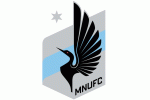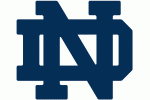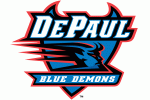- Joined:
- Nov 12, 2010
- Posts:
- 25,053
- Liked Posts:
- 11,503
My favorite teams
I'm not aware of many sabermertrics, and when I am made aware of them, most people use them as the only means of evaluating a player, and are treated as gospel in evaluating players.
Hopefully Poodski, Rice and others can help me see the benefits of sabermetrics, and what are the ones that best evaluate players.
Hopefully Poodski, Rice and others can help me see the benefits of sabermetrics, and what are the ones that best evaluate players.



















 !
!